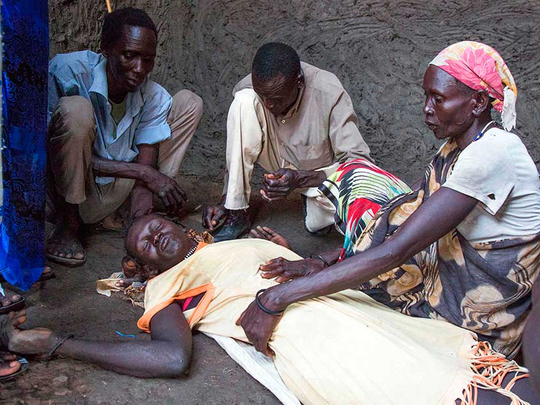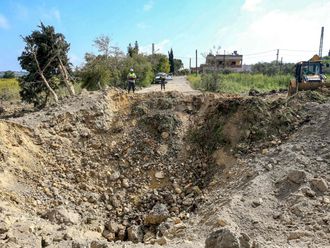
JUBA: Malaria has caused 1,956 deaths in South Sudan, making it one of the main causes of illness in the world’s newest nation, the UN humanitarian agency said.
The UN Office for Coordination of Humanitarian Affairs (OCHA) said in its latest report released on Saturday evening said more than 928,141 malaria cases have been reported since January and warns that the mosquito-borne disease is expected to increase as rainy season sets in.
“Deaths caused by malaria representing 76.9 per cent of all disease-related deaths recorded so far in 2017. The counties most-affected to date are Aweil North, Gogrial West, Juba, Maban, Torit and Wau,” the UN said.
Malaria spikes during the mid-year rainy season as mosquitoes, which transmit the disease, breed in stagnant water.
Health organisations are scaling up their malaria prevention and response, with distribution of mosquito nets, and replenishment of antimalarial drugs in health facilities ongoing.
There were at least 20 robberies or ambushes of vehicles involved in humanitarian activities in June.
Malaria is endemic in South Sudan, especially during the country’s rainy season, and there is an annual upswing in cases around July.
In recent years, conflict, displacement and poor access to health services have contributed to the severity of malaria outbreaks, with 2016 having the highest number of recorded cases since South Sudan became independent.












